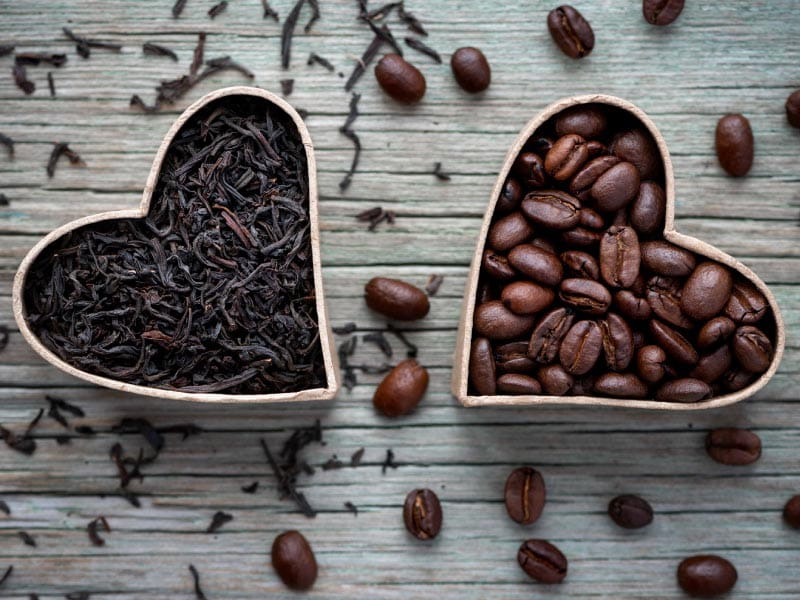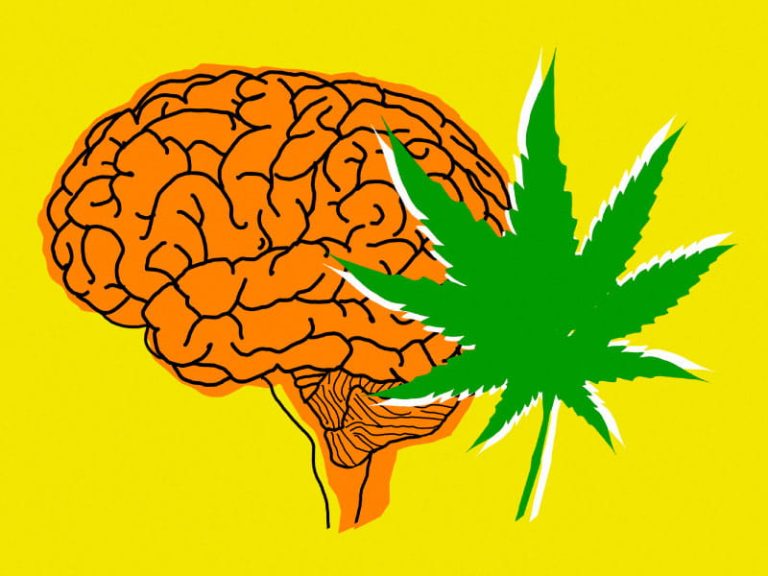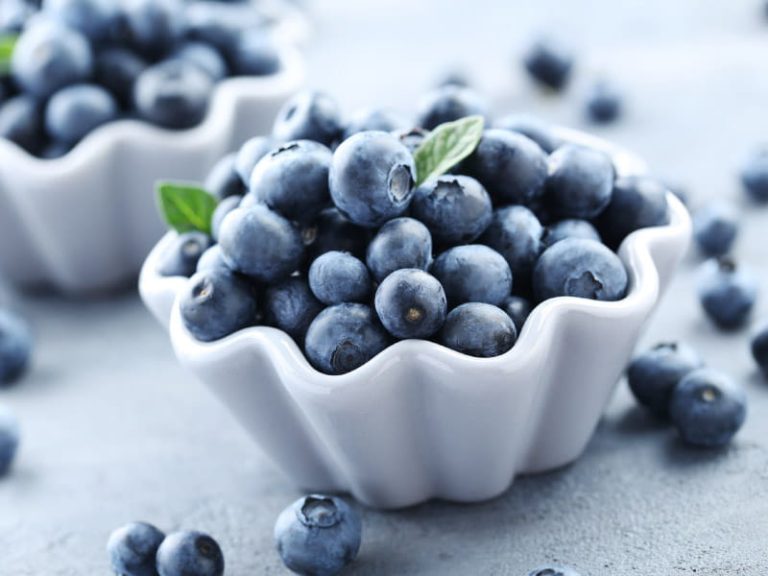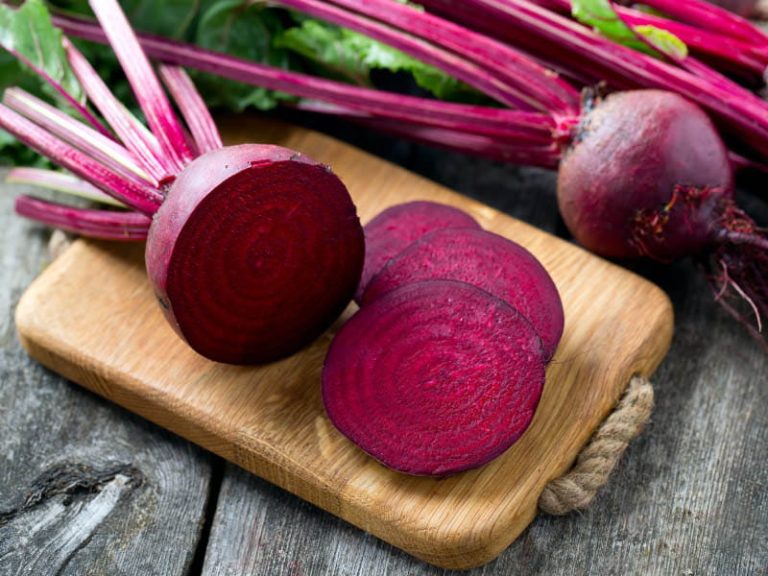Is caffeine a good or a bad thing? Do we really need caffeine?
Is caffeine a good or a bad thing? Do we really need caffeine? Caffeine jump-starts your day and places a bounce in your step. It could actually enable you to focus, enhance your temper and possibly even enable you to stay longer.
However how a lot is an excessive amount of?
Caffeine, a pure stimulant, will be present in quite a lot of meals, reminiscent of espresso beans, tea leaves, cacao beans, guarana berries and yerba maté leaves. It additionally will be synthetically created and added to drinks reminiscent of soda and power drinks. Analysis reveals that about 90% of U.S. adults devour some type of caffeine day-after-day.
Probably the most widespread methods individuals devour it’s by way of espresso. Due to that, most caffeine analysis facilities round this drink, mentioned Dr. Greg Marcus, affiliate chief of cardiology for analysis and a professor of medication on the College of California, San Francisco.
“The literature on the entire reveals that espresso consumption is usually not a detriment to well being,” he mentioned. “However I’m very reluctant to advocate anybody start ingesting espresso if they don’t seem to be in any other case doing so, or to extend consumption for any well being profit.”
Research have discovered caffeine can do each good and hurt. Individuals who frequently drink espresso could also be much less prone to develop power sicknesses, reminiscent of heart problems, diabetes, Parkinson’s illness and a few cancers. A number of research recommend they’re much less prone to die from coronary heart illness and different sicknesses.
In response to the Meals and Drug Administration, as a lot as 400 milligrams of caffeine a day – equal to 4 or 5 cups of espresso – is taken into account secure for wholesome adults. An 8-ounce cup of inexperienced or black tea has 30-50 mg of caffeine. Vitality drinks might include 40-250 mg for each 8 ounces, and a 12-ounce can of caffeinated soda comprises 30-40 mg.
In average doses – as much as two 8-ounce cups of espresso – caffeine could make individuals much less drained and extra alert. Some research recommend it could scale back urge for food and decrease the danger for melancholy. However excessive doses – 12 cups or extra – could make individuals really feel anxious, increase blood stress and result in coronary heart palpitations and bother sleeping. For individuals who devour caffeine frequently, stopping consumption abruptly can result in signs of withdrawal, reminiscent of complications, fatigue and depressed temper.
Figuring out how a lot is an excessive amount of will be robust. A average quantity of caffeine for one particular person might really feel like a excessive dose for another person. That is as a result of some individuals metabolize caffeine quicker than others, Marcus mentioned. Components reminiscent of how a lot somebody weighs and what drugs they take can also play a job. The underside line is, caffeine impacts everybody in another way.
“The compound is advanced, and we have to acknowledge that not solely may there be advantages and harms, however this will range from one particular person to a different,” Marcus mentioned.
He and his colleagues just lately accomplished one of many few randomized research on caffeine consumption, which he introduced on the American Coronary heart Affiliation’s Scientific Classes final yr. The researchers requested contributors to drink – or chorus from ingesting – espresso for not more than two consecutive days every for 2 weeks.
The findings, that are thought-about preliminary till the complete outcomes are revealed in a peer-reviewed journal, confirmed that individuals have been extra bodily energetic and slept much less on days they drank espresso than on days they went with out. In addition they had extra irregular heartbeats from the decrease chambers of the guts however fewer episodes of abnormally speedy heartbeats from the higher chambers.
Marcus mentioned one limitation of the examine was that individuals have been beginning and stopping caffeine consumption, which could possibly be inflicting an exaggerated response in individuals who have been used to ingesting it day-after-day. “The consequences of caffeine are attenuated whenever you drink it frequently,” he mentioned. “The physique adapts to that caffeine degree. And extra common consumption of caffeine can velocity up the metabolism.”
Individuals who metabolized caffeine quicker had fewer issues sleeping than these whose our bodies broke it down extra slowly, he mentioned.
In his cardiology observe, Marcus tells sufferers who’re having bother sleeping or experiencing irregular coronary heart rhythms to see what position caffeine is likely to be enjoying. “I usually advise that it’s affordable for sufferers bothered by bother sleeping or with palpitations to experiment with their caffeine consumption. Take a while off of caffeine to see if it makes a distinction.” However he doesn’t give a blanket advice to keep away from caffeine.
Marcus does not distinguish between the caffeine that individuals get from espresso versus sizzling or iced tea. “There could also be well being variations between the 2, however they have not been studied but,” he mentioned.
He’s much less versatile in regards to the consumption of power drinks, which generally have a better focus of caffeine, in addition to added sweeteners or carbohydrates and no proof they supply any well being advantages. Analysis has discovered power drinks may cause irregular electrical exercise within the coronary heart and better blood stress that persists for a number of hours.
“Typically, I’d warning in opposition to using power drinks,” Marcus mentioned.
There are different methods to remain alert.
“The very best methods and general most wholesome methods to spice up alertness are long-term wholesome habits,” reminiscent of getting a very good night time’s sleep and exercising frequently, Marcus mentioned. He recommends individuals who have bother staying awake seek the advice of a doctor to see if they’ve sleep apnea or one other sleep problem.







